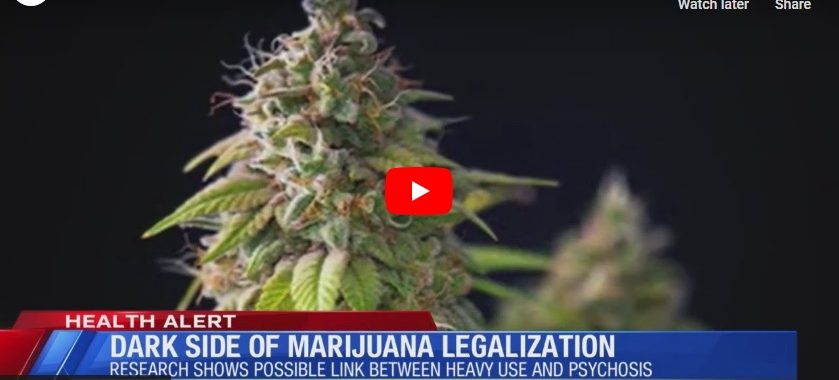Video: Americans Believe “Morally Wrong” to Change Genders
A new poll by Gallup shows a growing percentage of Americans believe it is “morally wrong” to change genders, and most people say athletes should compete in sports based on their biological sex rather than their gender identity.



